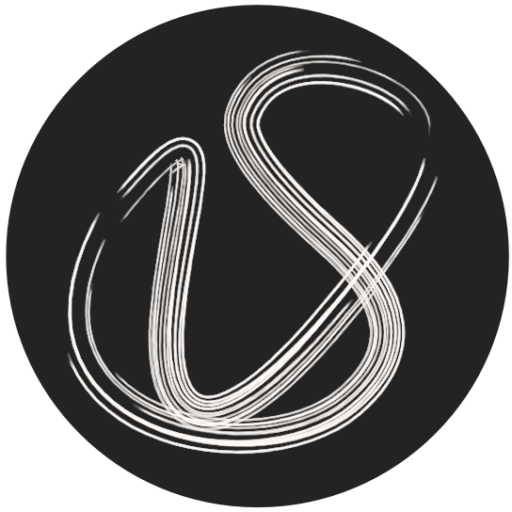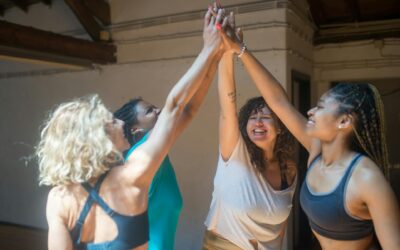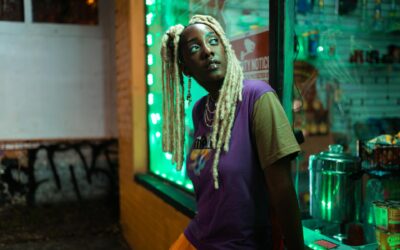Photo by Keenan Constance on Pexels.
← CHAPTER OVERVIEW
How to learn to love triggers
Dear Creatrix,
How was your weekend?
In the last lesson, we thought about how we can decide for and against in life with each thought, word and decision we make.
And how whatever we decide will either result in a joyful, exciting expansion of life or bring it to a sad halt.
And we looked at how everything, but especially interactions with other people, become easier when we base them on love.
Today we will look at how to not take things personally and how to take triggers for what they are – not something to blame others for, or even exclude them for – but a way for us to grow.
I watched parts of the Gaia emersion conference over the weekend and saw some really inspiring talks.
One was from Regina Meredith, and she shared a message from her guides, which I would like to pass on to you, as it fits here so well.
The message said very plainly, that as humans, it would do us a great service, if we overcame our need to judge others.
It always makes me very happy, to get these kinds of confirmations from surprising sources, as it was what I was thinking about over the weekend for this lesson as well.
In the last week, I shared some of the experiences with you, I had in communities in the past, and the most painful one I had to witness – was exclusion.
And that is always a result of judgement. One person, or a group of people, judging another.
But let’s start at the beginning.
When we join or start building a community, we usually have wonderful intentions.
We want to create something better than we have now, we would like to combine our strengths to build something helpful and useful.
But if we do this, unaware of the pitfalls, we might fail, and even worse, cause a lot of pain and destroy more than we build.
Or just waste a lot of energy unnecessarily.
In social justice movements, we’ve been talking about calling people in and out, about racism, sexism, ableism, privileges and their abuse – a lot.
If you are not aware of these discussions – you can look for them online.
And all of these discussions are valid and have been necessary and will continue to be necessary as long as they come up – because that means people still have questions around these things.
We have to be aware that all structures that exist today, are based on the colonialist idea that some people are more right, that some people have more rights than others – even though that’s not true.
But none of us has yet lived in any other way – so it appears to be true, as this is what is being practised.
Inequality and injustice is what we see everywhere – that’s the first thing we have to acknowledge, to not continue to create the same thing in just a different variation.
If we are then clear that we want to create something else, of course, this is as difficult as it gets, as we’ve not yet seen or experienced anything else – and no one has experience here yet that we could follow.
We’ll have to make ourselves vulnerable and go through trial an error until we figure it out.
And I guess this is where I also entered – in the trial and error period.
So, apart from a few exceptions, all that I’ve seen, are new communities and places where the power structures have simply been turned on their head instead of resolving them.
Of course, people have attempted to change things, and I’m sure there are exceptions.
What I’ve seen though is, that the people who felt excluded and disempowered all their lives, now, as they want to create an alternative, instead of creating something else or new, simply used the same strategies only this time for their own advantage.
People who had experienced exclusion created structures, in which they were in the powerful position now, and exercised the right to exclude others and make them feel the same powerlessness they had felt all their lives.
And maybe that is a necessary first step to see that that is also not the solution either.
So I’m not trying to judge here either, I know everyone involved, really, honestly believed they were doing the best thing they possibly could to create more equality and that they also did in some ways.
And I applaud everyone for trying, for failing and for learning and for trying some more – it’s why I am where I am now, and it is why we are where we are now collectively and how we can become even better.
But, what would be an alternative?
It’s actually quite simple – we have to stop judging each other.
Let’s have a look at how that can be done.
Photo by Zen Chung on Pexels.
Just a few months ago, in Hamburg, Germany, where I live now, one of the largest …














